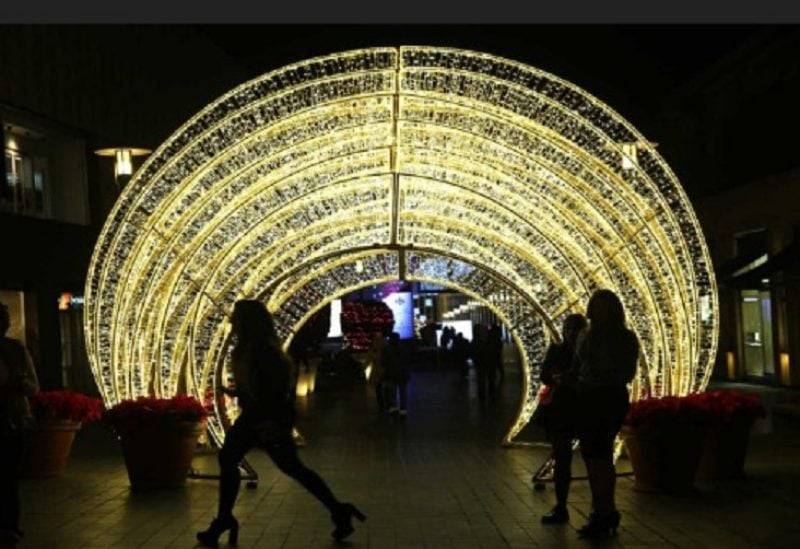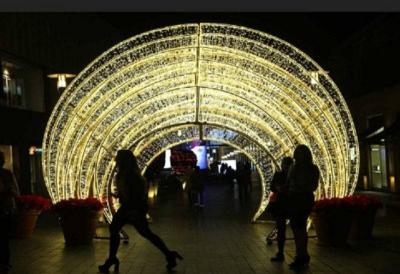The country has entered the festive season, coinciding with a political break that began early, pushing pending issues to the next year in hopes of something new. There is still hope amidst discussions of international movements, as the internal stalemate persists and expands. However, no official international initiatives have been announced yet, except for France, which is continuously working hard to try to pull Lebanon out of its crisis. It is important to note that Qatar is not far from the scene, having hosted Lebanese figures recently, despite being occupied with the World Cup.
The atmospheres surrounding Christmas and New Year's are positive; activity has started, albeit late, with an increasing daily influx of visitors and acceptable booking rates—these are good signs, but their real-world results may not necessarily reflect positivity. Despite the spending of expatriates and tourists in dollars and the "fully booked" reservations, the exchange rate in black markets is rising rapidly, surpassing the 45,000 threshold as of last night. Traders have begun to raise their prices immediately, complicating the enjoyment of the holidays for the Lebanese people.
In this context, economist Layal Mansour pointed out that "the Central Bank's increasing printing of the lira raises the exchange rate despite the influx of dollars into the market from expatriates, as this process increases pressure on foreign currency and leads to inflation." In an interview with "Al-Anbaa" electronic newspaper, Mansour confirmed that "the situation will not stabilize, and the dollar is on an upward trajectory with the beginning of the new year," but she predicted that the Central Bank would intervene, leading to an artificial and temporary drop in the exchange rate, which would rise again afterwards—a scenario we witness periodically.
Regarding winter tourism related to the holidays, Jean Aboud, head of the Travel and Tourism Offices Syndicate, considered the situation to be "good," noting that activity is progressing over time, and in the coming 10 to 15 days, they will bring back to Lebanon the scenes we saw during the summer. He highlighted in his conversation with "Al-Anbaa" that "between 500,000 and 550,000 people are expected to visit Lebanon during this period, with approximately 35% of them being of Arab nationalities, while most are Lebanese expatriates."
He also revealed that "flight booking rates have reached 100%, whereas hotel booking rates vary between Beirut and the mountains: in Beirut, it is not expected to rise above 50%, while it has reached 95% in places like Arz, Bakfaya, and Zahleh due to their winter tourism and skiing appeal, and reservations for restaurants and nightlife venues are also high."
Lebanese people are waiting for these days, hoping they will help them forget the difficult year that has passed, but "once the intoxication wears off, the reality returns" at the beginning of next year, which is expected to be fraught with crises and problems, amidst a complete lack of reform.




